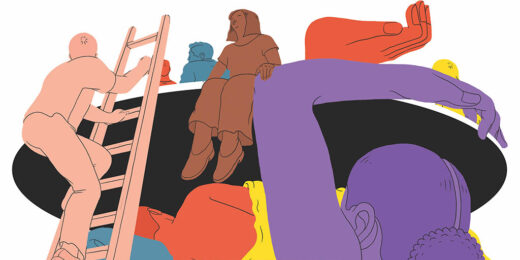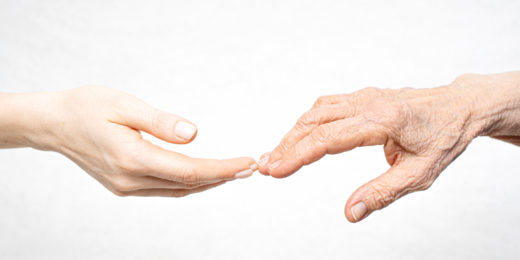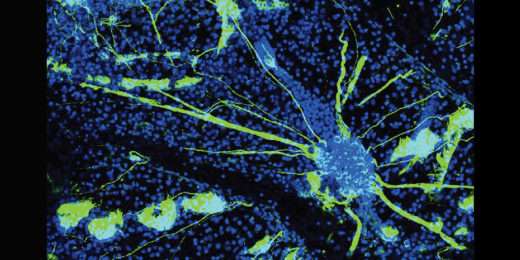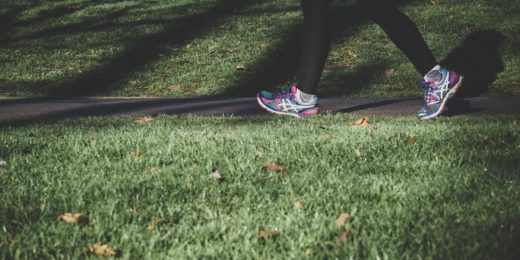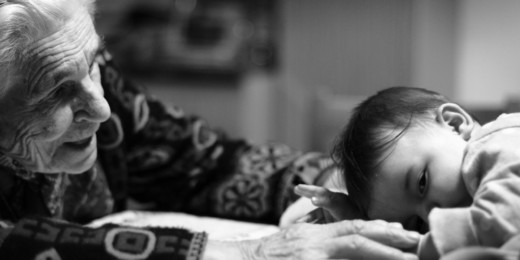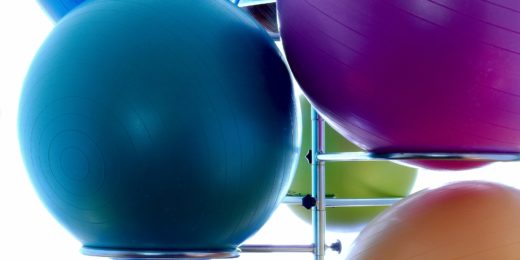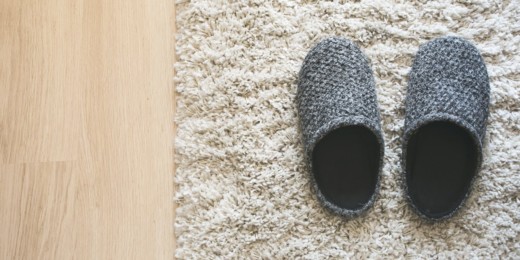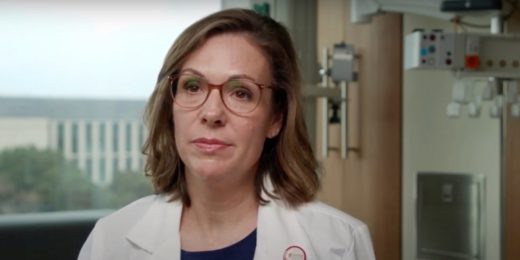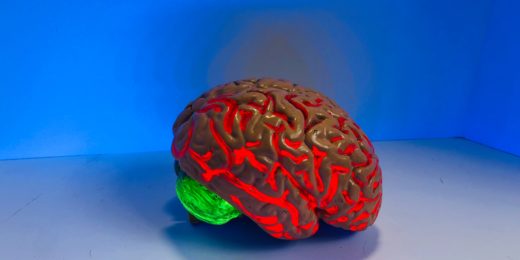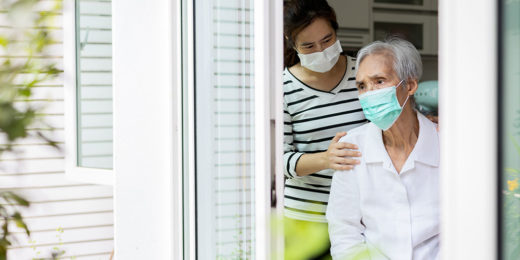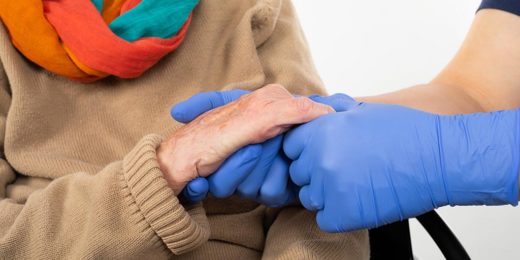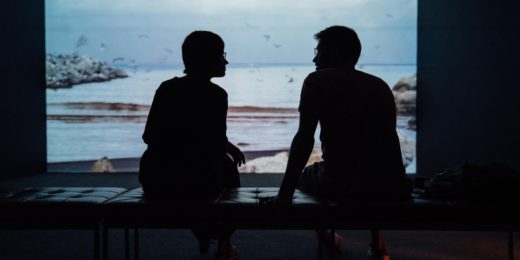Achieving more equitable health outcomes calls for understanding and addressing societal challenges in places we live, work and play.
Category: Osteoporosis
Can we rejuvenate aging brains?
A Stanford Medicine researcher discusses his neuroscience-driven investigation into aging and if it's possible to rejuvenate an aging brain.
What can sea squirts tell us about neurodegeneration?
Researchers have found parallels between the degeneration of a neurons in a tiny sea invertebrate and the human brain.
Staying active is important — especially for older adults
Randall Stafford discusses the importance and benefits of physical activity, particularly for aging adults.
Engineered tissue sent into space to test muscle loss drugs
To help us understand muscle loss as we age, a Stanford Medicine research team’s engineered tissue is sent to the International Space Station.
How long will a healthy older person live? A substance in blood may provide a clue
Blood levels of a brain-derived substance in people in their 90s and 100s accurately predict how much longer they're going to live.
Reducing falls for older adults: What’s different during the pandemic?
This final post in the Reducing Falls For Older Adults series offers tips for avoiding falls during the pandemic, such as online exercise programs.
Reducing falls for older adults: How physical activity keeps you balanced
The third blog post in the series, Reducing Falls For Older Adults, offers recommendations for remaining physically active to reduce the risk of falling.
Reducing falls for older adults: What are the trouble spots in your home?
The second post in the Reducing Falls For Older Adults series identifies three problematic areas in a house and provides tips for making them safer.
Why do older adults fall? Learn the risk factors
This is the first blog post in the series, Reducing Falls For Older Adults. Know which risk factors increase the likelihood of a fall.
Dying patients want honesty from their doctors, expert says
Stanford palliative care physician Winnie Teuteberg, MD, says terminally ill patients often want to discuss their prognosis with their doctors.
Does retinol deserve the hype? A Stanford dermatologist weighs in
A Stanford dermatologist weighs in on using retinol to fight aging, acne and other skin problems, and whether it deserves the hype.
Why the blood-brain barrier is really a filter, and what this means for the aging brain
Stanford-led research finds that the blood-brain barrier may be much more permeable -- albeit selectively so -- than previously thought.
Message to family caregivers: There’s help, even during COVID-19
Experts from the Stanford Caregiver Center offer help for people doing the sometimes overwhelming work of caring for ill or vulnerable loved ones.
Why COVID-19 hit our vulnerable older population hardest
A large percentage of COVID-19 deaths in the U.S. have occurred in nursing homes. In a podcast interview, a Stanford geriatrician explains why.
Advance care planning: The importance of expressing your medical wishes
Advance care planning allows people to reflect on what is important to them, and what care they'd want if they become critically ill, says Stanford physician Grant Smith.


